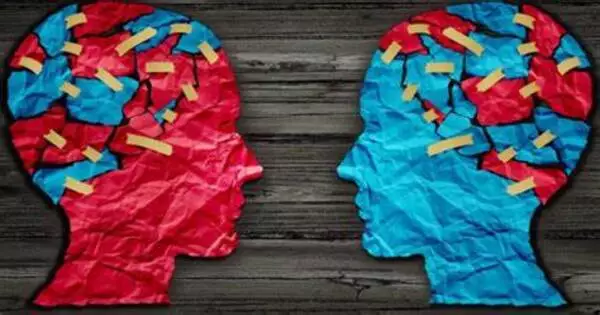Cultural dissonance is defined in sociology and cultural studies as a sense of discord, disharmony, confusion, or conflict experienced by people undergoing cultural change. It is also known as cultural conflict or cultural dissonance theory, and it refers to the feeling of discomfort or confusion that occurs when a person encounters values, beliefs, customs, or norms that differ from those with which they grew up or are accustomed. Because of various types of cultural dynamics, the changes are frequently unexpected, unexplained, or incomprehensible.
Cultural dissonance studies examine economics, politics, values, learning styles, cultural factors such as language, tradition, ethnicity, cultural heritage, cultural history, educational formats, classroom design, and even socio-cultural issues such as ethnocentrism, racism, and their respective historical legacies in the cultures. This concept is frequently used in the context of cross-cultural interactions or when people from different backgrounds come into contact with one another.
Cultural dissonance can manifest in various ways, such as:
- Communication: Differences in language, communication styles, and nonverbal cues can lead to misunderstandings and misinterpretations, causing discomfort or frustration.
- Social norms: Cultural norms can differ significantly, and actions or behaviors that are considered acceptable in one culture may be viewed as inappropriate or offensive in another.
- Beliefs and values: Core beliefs and values held by one culture might clash with those of another culture, leading to conflicting perspectives and attitudes.
- Etiquette: Customs and manners may differ across cultures, leading to potential misunderstandings or awkward situations.
- Religion and spirituality: Different religious beliefs and practices can be challenging to reconcile for individuals from diverse cultural backgrounds.
When interacting with people from different cultures, cultural dissonance is a natural and common occurrence. When people are open to learning and embracing cultural diversity, it can lead to personal growth and increased understanding. However, if not approached with empathy, respect, and a willingness to bridge cultural gaps, it can lead to tension and conflict. Promoting intercultural communication and education in multicultural societies can help reduce cultural dissonance and foster more inclusive and harmonious communities.
















